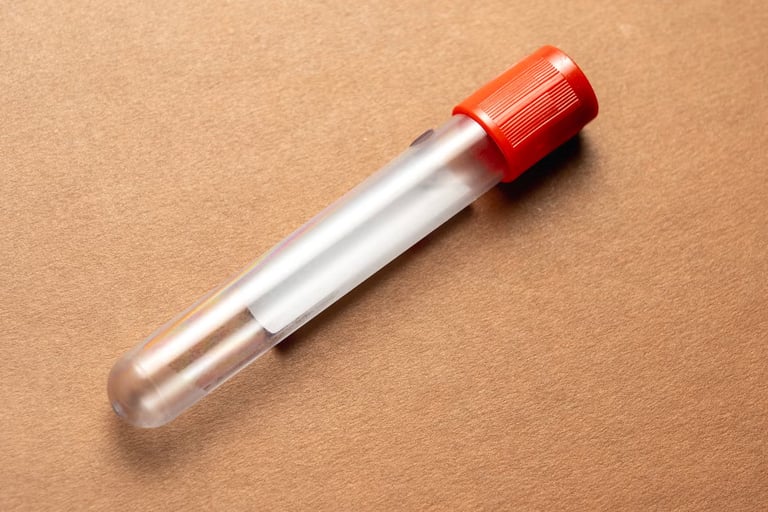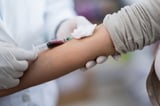Breakthrough Blood Test Promises Early Detection of Ovarian Cancer, Achieves 93% Accuracy in Trials
August 26, 2025
A new blood test could complement current diagnostic methods—scans, blood tests, and sometimes biopsies—and help address late detection, which currently affects about 7,500 women diagnosed each year in the UK.
Unlike reliance on scans and biopsies alone, this test has the potential to supplement and improve early detection in clinical practice.
Experts—including researchers from the University of Manchester—say the test could have a meaningful clinical impact, but require prospective trials to validate how it would fit into NHS care pathways.
Leading voices in the field emphasize patient-care benefits and urge broader prospective studies to confirm integration into standard care.
Note the timeline and venues surrounding the coverage: the report run around mid-August 2025, with institutional contexts that hint at U.S. centers in Washington, D.C., and Chicago, where the research is being discussed.
Beyond ovarian cancer, other health-relevant findings include aging-related changes in the blood-brain barrier and new evidence that wildfire smoke may cause underestimates of related deaths in Europe, plus signals that wildfire pollution raises resting heart rates in firefighters.
In a two-cohort study spanning the University of Colorado and the University of Manchester, the test achieved 93% overall accuracy, with 91% in early-stage detection in Colorado and 92% overall with 88% in early stages in Manchester.
The study analyzed 832 samples across two cohorts and was published in Cancer Research Communications.
AOA Dx, a Denver-based company, is developing the test, with CEO Oriana Papin-Zoghbi highlighting its potential for clearer diagnostic signals.
The ovarian cancer test uses a combination of lipids and proteins shed by cancer cells, detected in blood and interpreted with machine learning to identify cancer patterns across all sub-types and stages.
In trials involving nearly 400 symptomatic women, the test achieved about 92% accuracy for any-stage cancer and 88% for Stage I/II.
The approach centers on two biomarker types—lipids and proteins—analyzed with machine learning to boost early detection.
Regulatory approval would be required before the NHS could adopt the test.
Early detection could improve patient outcomes and potentially reduce long-term healthcare costs by enabling faster, more informed clinical decisions.
The test targets individuals presenting symptoms such as pelvic pain and bloating, aiming to sharpen diagnosis and outcomes while easing system-wide costs.
Overall, the test seeks to address delays and gaps in current methods where vague symptoms and imperfect tests can miss early tumors, offering a path to quicker, more informed care.
Summary based on 3 sources
Get a daily email with more Science stories
Sources

The Guardian • Aug 25, 2025
Ovarian cancer blood test can detect disease early, study suggests
The Independent • Aug 25, 2025
Simple blood test could accurately detect ovarian cancer in its early stages
Malay Mail • Aug 15, 2025
New blood test with 92pc accuracy: Spotting ovarian cancer early, even when symptoms seem harmless